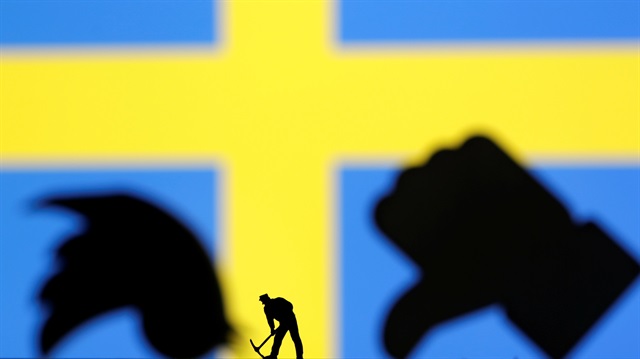
"Deceptive tools"
Social media companies have come under increasing pressure to tackle disinformation on their platforms following accusations that Russia and Iran tried to meddle in domestic politics in the United States, Europe and elsewhere. Moscow and Tehran deny the allegations.
A report by the Swedish Defence Research Institute last week said the number of automated Twitter accounts discussing the upcoming election almost doubled in July from the previous month. Such so-called "bot" accounts shared articles from Samhallsnytt and Fria Tider more frequently than real people, the report said, and were 40 percent more likely to express support for the Sweden Democrats.
Facebook said its work with Viralgranskaren to fact check content on its sites helped it quickly identify "false news."
The company declined to give specific figures about the amount or sources of false news it had recorded around the Swedish election, but said any flagged content is given a lower position on its site, a practice known as "downranking" which it says cuts views by 80 percent. Users who see disputed articles are also shown other sources of verified information, it said.
In a blog post on its website, Twitter says it "should not be the arbiter of truth".
But the MSB's counter influence team's head Tofvesson said there had been a "positive increase" in the work of Facebook, Twitter and other social media companies to help safeguard the election, largely via better communication and coordination with local authorities.


